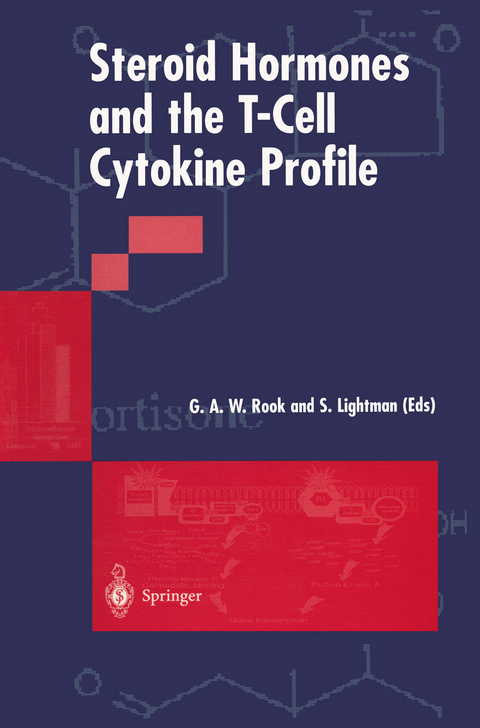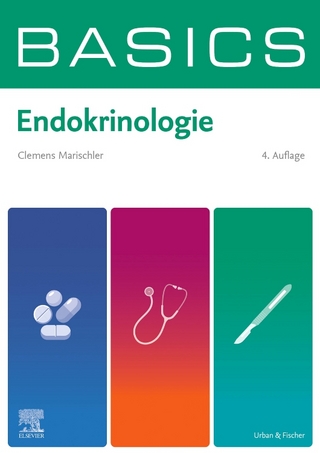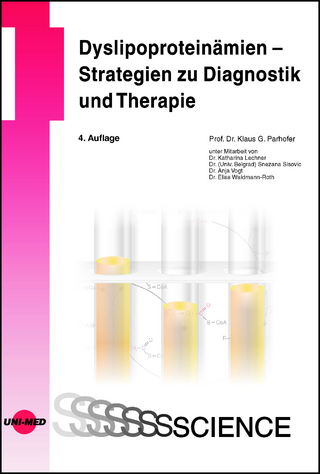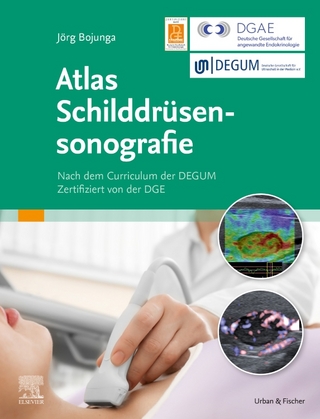
Steroid Hormones and the T-Cell Cytokine Profile
Springer London Ltd (Verlag)
978-1-4471-1238-9 (ISBN)
We can envisage steroid combinations that exploit the anti-inflammatory effects of corti- sol, while the Thi-suppressing and Th2-promoting properties of these hormones are opposed by derivatives of DHEAS. Such therapies are already proving effective in animal models of infection, and could revol- utionize treatment of Th2-mediated diseases such as asthma, where the anti-inflammatory effects of cortisol are desirable but the effects on T lymphocyte differentiation are not.
1 Mechanisms of action of cytokines on the central nervous system. Interaction with glucocorticoids.- 2 Signals from the hypothalamus to the pituitary during chronic immune responses.- 3 The role of the innervation of lymphoid tissue in the regulation of the Th1/Th2 dichotomy.- 4 Modulation of glucocorticoid activity by metabolism of steroids in non-lymphoid organs.- 5 Microenvironmental control of glucocorticoid functions in immune regulation.- 6 Immunological consequences of inhibiting dehydroepiandrosterone (DHEA) sulfatase in vivo.- 7 Corticosterone and the hypothalamic-pituitary-adrenal (HPA) axis in autoimmune diseases.- 8 Glucocorticoid regulation of Nramp1 in host resistance to mycobacteria.- 9 Human and murine tuberculosis as models for immuno-endocrine interactions.
| Zusatzinfo | XI, 227 p. |
|---|---|
| Verlagsort | England |
| Sprache | englisch |
| Maße | 155 x 235 mm |
| Themenwelt | Medizinische Fachgebiete ► Innere Medizin ► Endokrinologie |
| Studium ► 1. Studienabschnitt (Vorklinik) ► Biochemie / Molekularbiologie | |
| Studium ► 1. Studienabschnitt (Vorklinik) ► Physiologie | |
| Studium ► Querschnittsbereiche ► Infektiologie / Immunologie | |
| Naturwissenschaften ► Biologie ► Humanbiologie | |
| ISBN-10 | 1-4471-1238-5 / 1447112385 |
| ISBN-13 | 978-1-4471-1238-9 / 9781447112389 |
| Zustand | Neuware |
| Haben Sie eine Frage zum Produkt? |
aus dem Bereich


